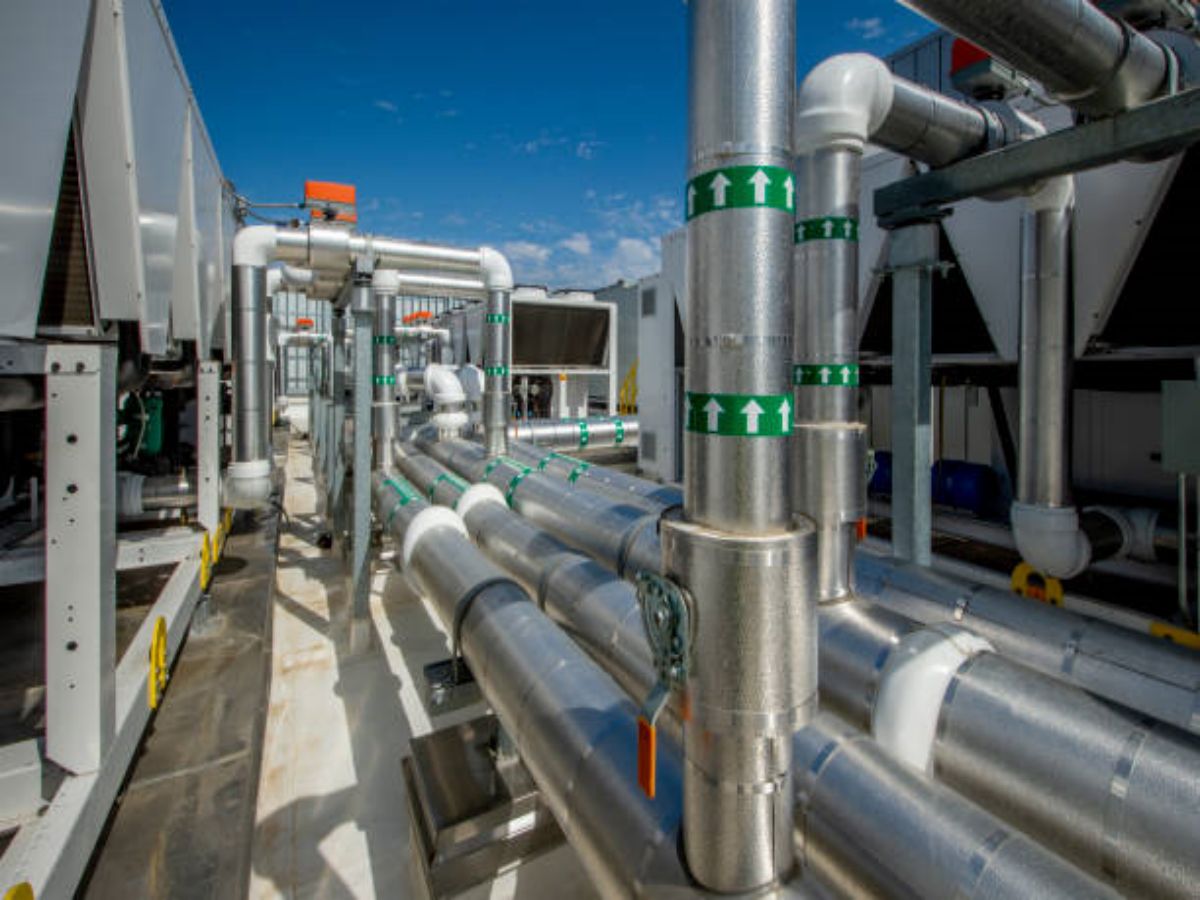Introduction
Chiller compressors are an essential component of refrigeration and air conditioning systems, responsible for compressing the refrigerant gas and maintaining the desired temperature. Understanding the different types of chiller compressors is crucial for selecting the most suitable one for your specific application. In this article, we will explore the various chiller compressor types, their features, advantages, and disadvantages.
Reciprocating Compressors
Reciprocating compressors are one of the oldest and most widely used types of chiller compressors. They operate through a piston-cylinder mechanism where the piston moves back and forth to compress the refrigerant gas. These compressors are known for their high efficiency and durability. However, they can be noisy and require regular maintenance.
Scroll Compressors
Scroll compressors are increasingly popular due to their compact design and quiet operation. They use two spiral-shaped scrolls, one fixed and the other orbiting, to compress the refrigerant. This type of chiller compressor offers good energy efficiency and reliability. It is commonly used in small to medium-sized applications, such as residential and light commercial cooling systems.
Screw Compressors
Screw compressors are widely utilized in larger industrial and commercial chiller systems. They consist of two rotating screws that compress the refrigerant gas. This type of chiller compressor offers excellent efficiency and is suitable for high cooling loads. However, screw compressors can be relatively expensive and require skilled maintenance.
Centrifugal Compressors
Centrifugal compressors are commonly found in large-scale industrial applications. They operate by using centrifugal force to accelerate the refrigerant gas, which is then compressed by a diffuser. These compressors are known for their high cooling capacity and energy efficiency. However, they can be complex to operate and maintain.
Scroll vs. Reciprocating Compressors
When comparing scroll and reciprocating compressors, it is important to consider factors such as efficiency, noise level, and maintenance requirements. Scroll compressors are generally more energy-efficient and quieter than reciprocating compressors. However, reciprocating compressors are often more affordable and suitable for smaller applications.
Screw vs. Centrifugal Compressors
Choosing between screw and centrifugal compressors depends on the specific cooling requirements of the application. Screw compressors are better suited for medium to high cooling loads and offer good efficiency. On the other hand, centrifugal compressors excel in large-scale cooling systems where high cooling capacity is essential.
Hybrid Compressors
Hybrid compressors combine the advantages of two or more compressor types to optimize performance and efficiency. For example, a hybrid chiller compressor may incorporate a scroll compressor for low-load operation and a centrifugal compressor for high-load operation. These innovative compressors are gaining popularity in applications that require variable cooling loads.
Choosing the Right Chiller Compressor
When selecting a chiller compressor, it is essential to consider factors such as cooling requirements, energy efficiency, noise level, and maintenance. Consulting with a qualified HVAC professional can help determine the most suitable compressor type for your specific needs. Additionally, considering the lifecycle costs and long-term reliability of the compressor is crucial for making an informed decision.
Conclusion
Understanding the different types of chiller compressors is vital for selecting the appropriate one for your cooling system. Reciprocating, scroll, screw, and centrifugal compressors each have their own advantages and disadvantages. By considering factors such as cooling requirements, efficiency, and maintenance, you can make an informed decision and ensure optimal performance and energy efficiency for your chiller system.
